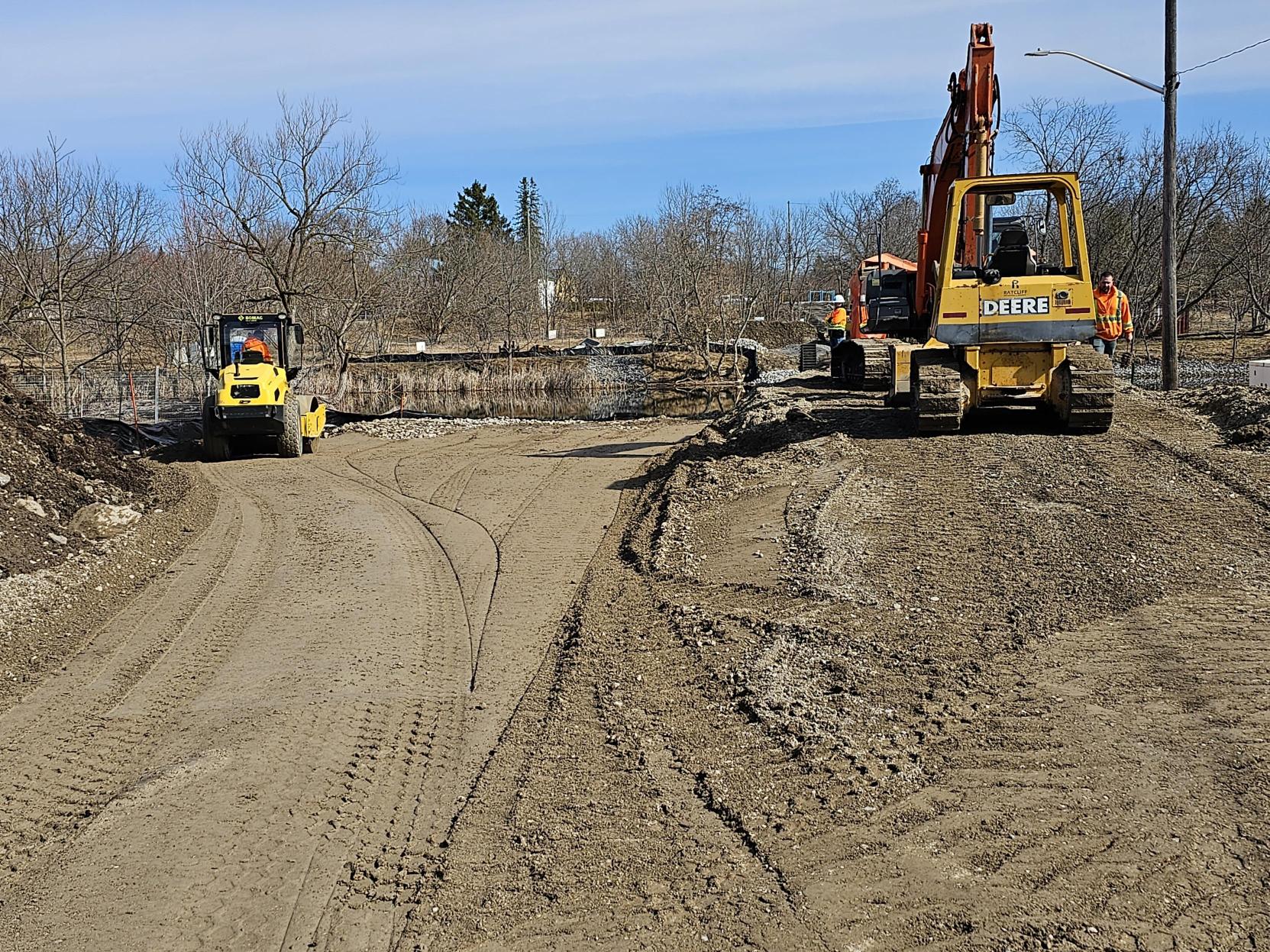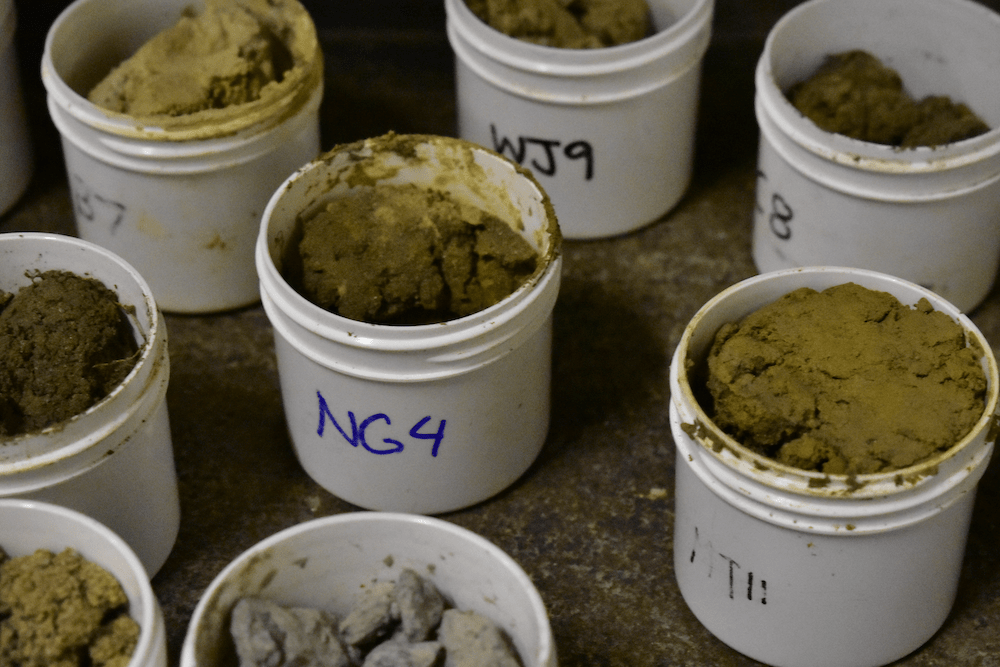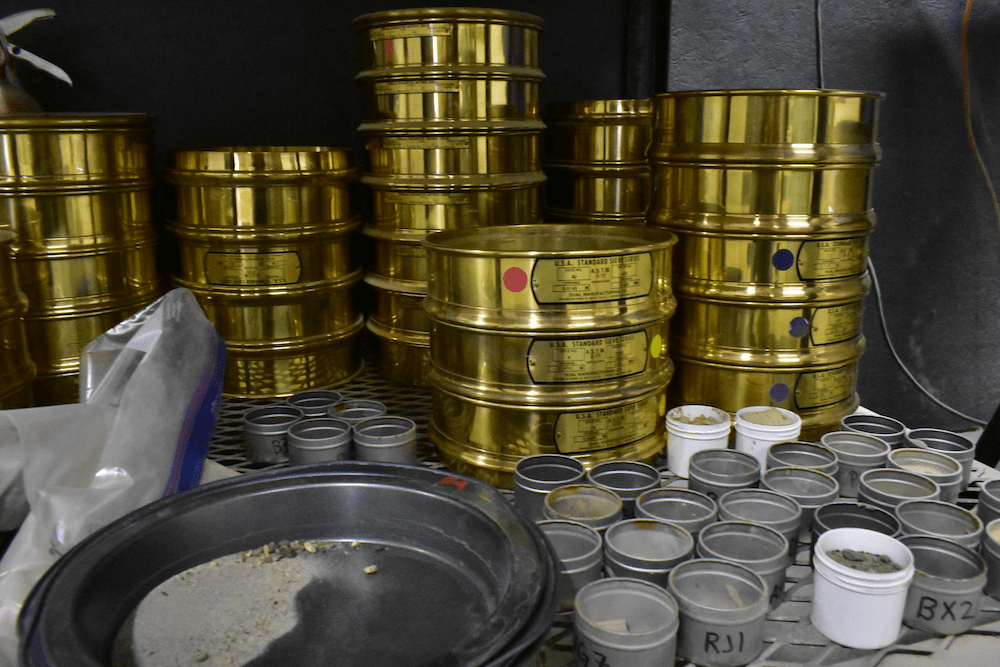
Soil testing is a foundational aspect of geotechnical engineering, critical for assessing the suitability of the subsurface conditions for proposed developments, construction methodology selection, and environmental assessments.
PRI Engineering is a leading geotechnical engineering firm based in Canada providing our services across North America, and we’re dedicated to ensuring the integrity and success of construction projects through comprehensive soil analysis.
In this guide we break down how to conduct a comprehensive soil analysis. Whether you’re learning for educational or commercial purposes, this guide will cover various testing methods and provide tips for achieving accurate results.
What is Soil Testing and Why Is It Important?
Comprehensive soil testing is a critical step in the planning and development of construction projects, aimed at evaluating the soil’s properties and suitability for supporting structures.
This extensive testing includes analysing soil composition, density, moisture content, strength, and other vital parameters that influence the soil’s behaviour under load.
PRI Engineering specializes in comprehensive soil testing, offering a deep dive into the soil characteristics to ensure the safety, stability, and longevity of your planned structures and infrastructures. By identifying the ground conditions, our team of experts can tailor construction and foundation solutions that perfectly align with the soil’s properties and project needs, significantly reducing the risks associated with soil instability.
Understanding the Importance of Soil Testing
The importance of comprehensive soil testing cannot be overstated, as it ensures the safety, stability, and longevity of buildings and infrastructure.
By understanding the ground on which construction is planned, engineers can design foundations that are appropriately tailored to the soil conditions, mitigate risks associated with soil instability, and avoid costly repairs or failures in the future.
Therefore, comprehensive soil testing forms the foundation of informed decision-making in the construction process, guiding the selection of construction techniques and materials that align with the subsurface characteristics.

Process of Soil Testing: Step by Step
Step 1: Planning and Preparation
Before you start soil testing, it’s important to define your project’s scope and the specific objectives of the testing. Understand the area’s geography and geological and development history to anticipate the types of soil and potential challenges you might encounter before gathering all necessary tools and equipment.
Proper planning ensures that the testing process is both efficient and effective, the success of your development hinges on the foundation it’s built upon. Reach out to PRI Engineering , where our expertise in soil testing can guide your project towards a stable and durable future.
Our expert engineers are equipped with the latest technology and knowledge to provide you with a thorough analysis of your site’s soil, enabling you to make informed decisions with confidence.
Step 2: Site Investigation and Sampling
The first physical step in soil testing is conducting a thorough background review followed by a detailed site investigation.
This involves identifying specific locations within the project area where soil samples will be collected. Use a systematic approach to ensure samples represent the entire area.
Collect samples from various depths, as soil properties can vary significantly with depth. Each sample should be carefully labelled with its location, depth, and any other relevant information.
Step 3: Choosing the Right Testing Methods
Several soil testing methods are available, each suited to different objectives:
In-Situ Tests:
- Standard Penetration Test (SPT): Measures penetration resistance of subsoils, useful for determining soil density and strength while collecting soil samples.
- Cone Penetration Test (CPT): Provides a continuous measurement of soil penetration resistance and can be used to collect additional information such as inferred soil types and pore water pressure.
- Shear Vane Test: Assesses the in-situ shear strength of cohesive soils, crucial for evaluating potential soil stability.
- Packer Test: Determines the permeability and integrity of bedrock formations, essential for groundwater studies and construction projects involving bedrock.
Laboratory Tests:
- Particle Size Distribution Test: Often performed using sieve analysis or hydrometer methods, measures the proportions of different-sized particles by mass in soil or aggregate samples, providing vital information for understanding its texture, compaction considerations, and drainage characteristics.
- Atterberg Limits Test: Determines the liquid limit and plastic limits of cohesive soils based on its water content, crucial for understanding its behaviour and overall stability under various conditions.
- Proctor Test: Assesses the compaction characteristics of soil and aggregates, and determines the optimal moisture content for achieving maximum density of backfill during construction.
- Chemical Analysis: Provides various chemical proprrties of collected samples, used to identify the presence of contaminants or nutrients in the soil.
Selecting the appropriate tests depends on the project’s specific requirements and the nature of the soil.
Step 4: Conducting Soil Tests
With the methods selected, it’s crucial to conduct the tests according to standard procedures. Ensuring all testing equipment is calibrated and operated within the guidelines is essential for achieving accurate results. For instance, when performing the Standard Penetration Test (SPT), it’s imperative to follow the correct procedure for driving the sampler into the soil and accurately recording the number of blows required.
The value of having a professional team conduct your soil analysis cannot be overstated. PRI Engineering’s team of geotechnical experts brings precision, expertise, and an in-depth understanding of soil behaviours to your project. Our professionals ensure that every test is conducted meticulously and interpreted correctly, providing you with reliable data on which to base your construction decisions.
Reach out to PRI Engineering today and take the first step towards a solid foundation for your project.
Step 5: Analysing Results and Reporting
After completing the tests, the data must be analysed to determine the soil properties and how to proceed with construction. This analysis will inform project planning, design, and any necessary mitigation strategies. At PRI Engineering we prepare a comprehensive report that details the testing methods, findings, and recommendations.
Our reports are clear, accurate, and actionable, serving as a crucial decision-making tool for our clients.
Tips for Accurate Soil Testing
- Ensure Representative Sampling: Accurately locating sampling points and depths is crucial for obtaining representative soil samples.
- Maintain Sample Integrity: Handle and transport samples carefully to prevent contamination or alteration of their properties.
- Follow Standard Procedures: Adhere strictly to standard testing procedures to ensure reliability and comparability of results.
- Calibrate Equipment Regularly: Regular calibration of testing equipment ensures accuracy and reliability of test results.
- Seek Expertise When Needed: Complex projects or unexpected results may require the input of experienced geotechnical engineers.
Comprehensive soil testing is critical for the success and safety of any construction or environmental project. This step-by-step guide outlines the importance of employing meticulous planning, precise sampling, appropriate testing methods, and thorough analysis, to ensure that projects are built on solid and stable ground.
Understanding the intricacies of soil testing is not just about technical compliance, but about laying the foundation for sustainable and safe development. By prioritizing thorough soil analysis, we can all contribute to building a more stable and secure future.
PRI Engineering, with its expertise in geotechnical engineering, stands ready to assist clients in navigating the complexities of soil testing to achieve the best possible outcomes for their projects.
Soil testing is not just a step in the construction process; it’s an investment in your project’s future. With PRI Engineering, you can rest assured that this crucial task is in the hands of experts. Don’t leave the stability of your project to chance.

